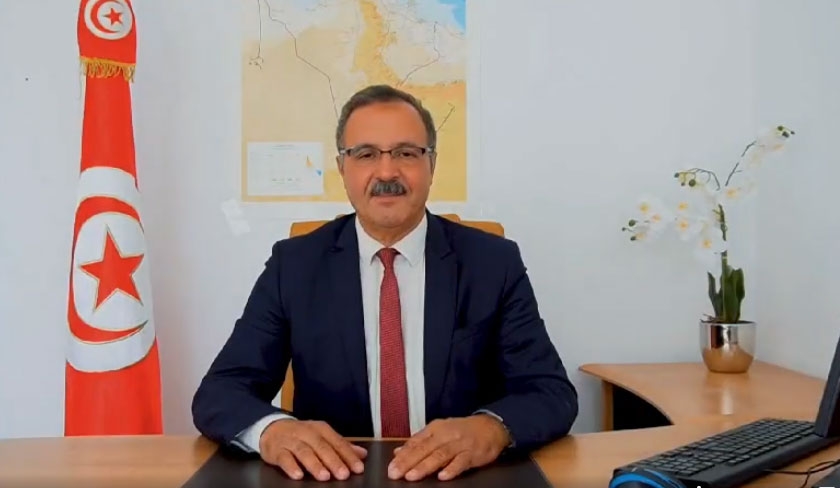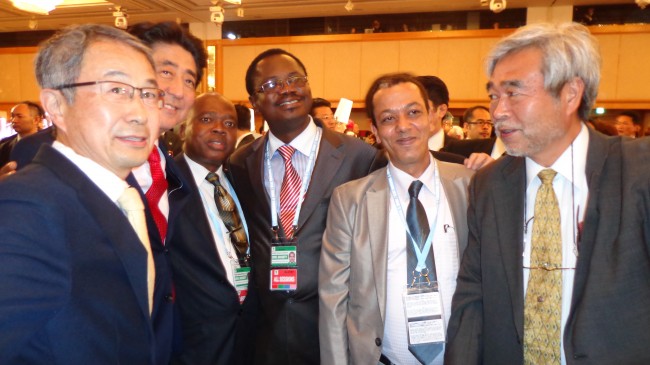With just 40 days remaining before the presidential election in Tunisia and mounting concerns over the political climate in recent months as many of President Kaïs Saïed’s opponents were detained and numerous presidential candidacies invalidated, the Tunisian Administrative court made on Tuesday a surprising decision by validating the candidacy of Abdellatif Mekki, a prominent opponent of Saïed.
This ruling came as a shock to the Tunisian League for Human Rights (LTDH) and other human rights watchdogs, which have harshly criticized the government’s influence over the judiciary and raised the alarm about the fairness of the election.
Previously, fourteen presidential candidates had their candidacies invalidated by the ISIE, the election organizing body. Abdellatif Mekki, former leader of the Ennahda party, had faced disqualification and even a life ban for alleged false sponsorship. His appeal was recently accepted by the Tunis Administrative Court, a significant turn of events.
Despite this legal victory, Mekki faces challenges in his campaign, including restrictions on media appearances and movement outside the southern suburbs of Tunis.
Prior to the court’s decision, only three candidates, including incumbent President Kaïs Saïed, who is seeking re-election amid accusations of authoritarianism, were considered viable.
The LTDH welcomes the court’s decision, viewing it as a potential sign of judicial independence in Tunisia.
Relatedly, the Tunisian organization “I Watch,” which specializes in monitoring elections and the work of the executive branch, has accused the Election Authority of enabling President Kais Saied to remain in power and blocking his competitors.
The organization stated recently that it had received notification from the Independent High Authority for Elections rejecting its request to observe the 2024 presidential elections. The rejection was justified by claiming that the organization failed to respect the duties of neutrality, independence, and integrity in relation to all participants in the electoral process, without clearly explaining the aspects of this alleged bias.
The organization explained that it had contacted the authority on three occasions to be provided with the basis for the evaluation that deemed it non-neutral, but it has yet to receive any response. This, the organization argued, indicates that the decision lacks objectivity. Consequently, the organization has exercised its right to legal action to annul the authority’s decision to reject the accreditation request.
The organization further claimed that the authority’s refusal to grant it accreditation was not surprising, given that the authority has become an arm serving the interests of the President to secure a second term in the easiest possible way. It is evident that the authority now fears anyone who questions it or the President, especially since the rejection came just days after I Watch announced the results of the “Saied Meter,” a five-year assessment of President Saied’s tenure, which were negative.



